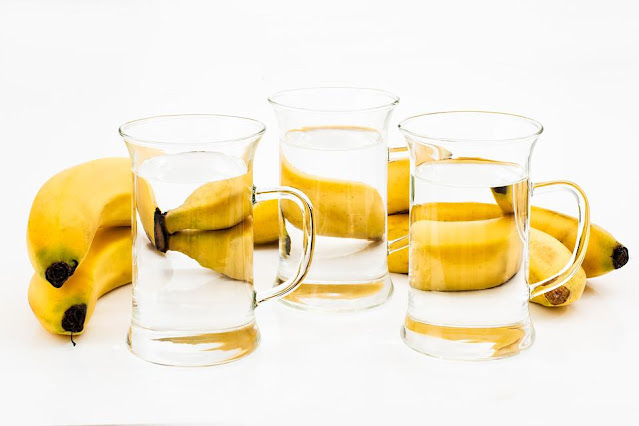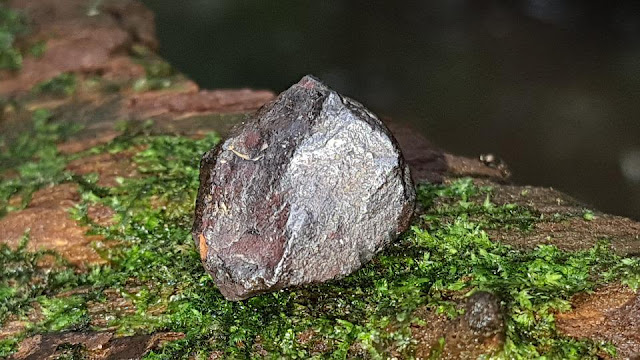7 Benefits of Mango Leaves You Didn't Know About
Mango leaves are not just good to make pickles in sub-continent, but they’re also beneficial to your health. You may have heard of mango leaves being used as natural remedies and to improve digestion, but there are many other ways that they can make your life better too. Here are five benefits of mango leaves you may not have known about before!
1) Vitamin C in Mango Leaves
It's well known that we can get Vitamin C from citrus fruits, but mango leaves are also a great source. Did you know that just one cup of mango leaves has more than 6 times as much Vitamin C as an orange? So now that you know about its high level of vitamin C, let's move on to another benefit!
2) Potassium in Mango Leaves
The health benefits of mango leaves can be attributed in part to its potassium content. Potassium helps maintain fluid balance in your body and is associated with improved heart health, increased muscle strength, and healthier skin. Although it is easily lost through perspiration or urine, you can replenish your body’s stores by consuming foods high in potassium like mango leaves. High potassium diets have also been associated with lower blood pressure.
3) Carotene in Mango Leaves
4) Manganese in Mango Leaves
Manganese is a trace mineral that helps in a number of functions in your body. It plays an important role in bone growth and development, as well as muscular contraction. Manganese also helps your body metabolize energy from protein, fat, and carbohydrates. In addition to all these benefits, mango leaves are rich in manganese; one cup contains over 200% of your daily needs for manganese! That's more than other common sources like wheat bran (200%) or broccoli (182%). With such a high concentration of manganese, it's no wonder that mango leaves have been used for medicinal purposes for centuries.
5) Phosphorus in Mango Leaves
One cup of fresh mango leaves contains 9mg phosphorus, or 14% RDA (Recommended Daily Allowance). Phosphorus helps to build strong bones and teeth. It also helps improve your metabolism by breaking down fats and carbohydrates for energy, as well as helping you process protein. Mangoes are extremely rich in vitamin C, but so are many other fruits and vegetables. So why should we care about phosphorus in mango leaves? Like calcium, which has a positive effect on our bones when combined with adequate phosphorus intake, phosphorus works in conjunction with calcium to improve bone health.
6) Good for Heart
This is one you'll definitely want to remember: mango leaves are very good for your heart. Mango leaves are full of potassium, which reduces blood pressure and also prevents heart disease and stroke. Research even shows that daily doses of mango leaves can reduce high blood pressure. In addition, mango leaves contain magnesium, calcium, iron and phosphorus—all crucial for keeping your heart healthy and strong!
7) Releive Inflammation
One last benefit is that mango leaves help relieve inflammation in your body. One study showed that taking mangiferin regularly could reduce pain from osteoarthritis by up to 56%. Mangiferin is found in large amounts in mangos. So while you may not have thought about eating mango leaves before, now you know just how powerful they really are!






.jpg)


Japanese water therapy is being widely used in Japanese medicines, so it is called Japanese water therapy. It involves drinking plenty of room temperature or lukewarm water every day in the early morning on an empty stomach and throughout the day. It helps to clean the digestive system and regulate gut health that can heal various health conditions.
ReplyDeleteIn addition to this, From weight loss to curing high blood pressure and type 2 diabetes, there are several benefits of Japanese water therapy. If you want to take maximum benefits, follow the below steps to do Japanese water therapy.
signs-he-pretending-not-to-like-you